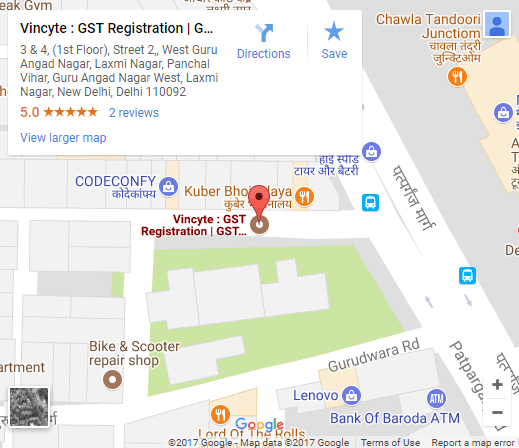
Special Audit Under GST/Income Tax
A Special Audit under GST/Income tax is an assessment of a company’s financial records or other functional viewpoints that is conducted for a particular reason, like examining suspected fraud or compliance with legitimate or regulatory requirements.
A Special Audit under GST/Income Tax ‘s scope and objective may change depending on the circumstances, but they typically involve a thorough examination of financial statements, accounting records, internal controls, and other relevant information to identify any discrepancies, errors, or irregularities. Typically, a report outlining the Special Audit’s findings and recommendations is given to management or other stakeholders and concerned authorities which are appointed for the special audit.
Special Audit Under Goods and Services Tax (GST)
In accordance with the Goods and Services Tax (GST) regime, the tax authorities may conduct a Special Audit in certain instances. When the tax authorities believe that the taxpayer’s declared tax liability is understated or incorrect, they may conduct a Special Audit.
Special Audit may be conducted under following circumstances:
- Complexity in the case: The tax authorities may conduct a Special Audit to verify the accuracy of the taxpayer’s declared tax liability if the case is complex and the taxpayer has a large number of transactions.
- Discrepancies in the Returns: A Special Audit may be conducted if there are inconsistencies in the returns that the taxpayer has filed and the tax authorities have reason to believe that the tax liability has been understated
- Large refunds claimed: The tax authorities may conduct a Special Audit to confirm the taxpayer’s claim for a large refund.
- Non-maintenance of records: A Special Audit may be conducted to determine the taxpayer’s tax liability if the taxpayer has not provided the required documentation or has not kept accurate records.
- Mismatch in 2A & 2B: A tax authority may conduct a Special Audit, if they found mismatch in GSTR2A and GSTR2B.
- Mismatch in 3B & 2B: A tax authority may conduct a Special Audit, if they found mismatch in GSTR3B and GSTR2B.
The GST Department may take further action against the assesses, including the imposition of penalties and the initiation of prosecution, if the Special Audit report reveals any discrepancies in the assesses’s accounts. It is to note that the taxpayer has the right to appeal against the order for a Special Audit, and can challenge the finding of the Special Audit report.
Special Audit Under Income Tax
The Income Tax Department found it necessary to examine a taxpayer’s books of accounts, it conducts a type of Audit known as a Special Audit under Income tax, in addition to the regular audit that a taxpayer is required to undergo under the Income Tax Department Act of 1961, this type of audit is conducted.
A Special Audit’s objective is to ensure that the taxpayer has disclosed correct information in its tax returns. If the Income Tax Department suspects that the taxpayer has not maintain proper books of accounts or that the taxpayer’s transactions are not genuine, it may order for a Special Audit.
An independent chartered accountant appointed by the Income Tax Department conducts the Special Audit. Within a specified time frame, the chartered accountant is required to provide the Income Tax Department with a report includes his findings and recommendations.
The Income Tax Department may take further action against the taxpayer, including the imposition of penalties and the initiation of prosecution, if the Special Audit report reveals any discrepancies in the taxpayer’s accounts. It is to note that the taxpayer has the right to appeal against the order for a Special Audit, and can challenge the finding of the Special Audit report.
Get In Touch

Contact Us
New Business

